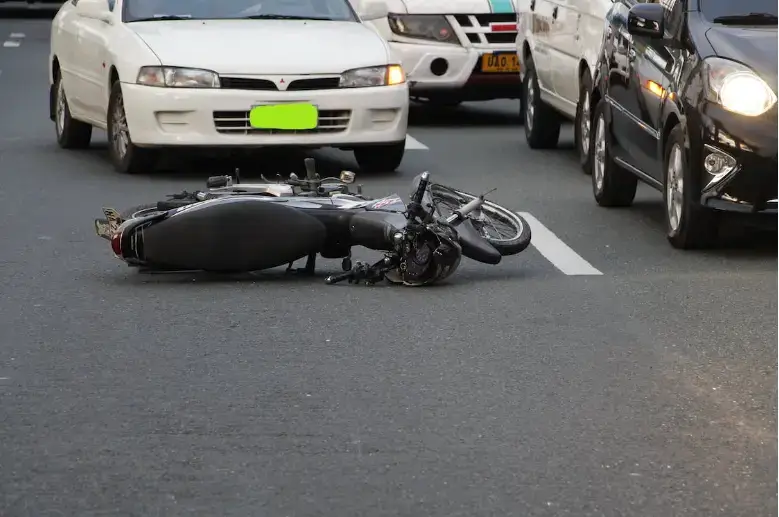What to Do After a Motorcycle Accident: A Comprehensive Guide

If you have been involved in a motorcycle accident- contacting the other party as soon as possible is essential. Doing so allows you to gather evidence to help your case move forward.
In addition to gathering information about what happened and documenting any injuries that may have occurred during the accident- here are some steps you can take after an accident involving a motorbike:
Be sure to contact the other party
After a motorcycle accident- it is essential to contact the other party. The driver of your vehicle may have insurance coverage and be able to help you with any medical bills or compensation for lost wages. If they do not however, some steps can be taken by either party to ensure they are given proper compensation for their injuries caused by your negligence.
For example – a Bradenton motorcycle accident lawyer can provide you with an attorney specializing in these cases and can do this on your behalf.
Write down their name, address, and phone number on a piece of paper so that when it comes time for them to file a claim against your insurance company (if applicable), this information will be available for them at all times during their interaction with those responsible for paying out claims under their policy.
Be sure to keep copies of everything related from this point forward—your conversation with the injured party, any additional documentation, including police reports, dash cam footage—if available—and any medical bills associated with injuries sustained at least six months after the date listed below:
Take pictures of your bike and the scene
If you’re lucky, this will be an accident where you were involved in a rear-end collision—the most common kind of motorcycle accident. In that case, it’s worth taking pictures of both vehicles and anything else around them (i.e., signs or trees) before they get cleaned up by other parties involved in the crash.
This is especially important if someone was injured during the incident; having clear documentation of what happened can help prosecutors determine liability at trial or settlement negotiations with insurance companies later on down the road if this person decides to sue for damages related to their injuries sustained during impact with another vehicle/pedestrian/etc.
Give detailed descriptions of what happened
It’s essential to give as much detail about the accident as possible, including:
- The other party’s name, address, and phone number
- The scene of the accident (where it took place)
- Any injuries or damage sustained by either party involved in the crash. If you were hurt in any way, mention that too!
In addition to describing what happened at each point along your motorcycle ride—including how many miles per hour you were going while traveling on highways or city streets—you should also describe how long ago it occurred so police can better determine whether their investigation will lead them
Take any necessary medical treatment anywhere else.
Call an ambulance. If you’re unsure what to do, call 911 and ask for help. If a paramedic or EMT arrives at the scene of your motorcycle accident, they’ll take over from there and get you taken care of medically as quickly as possible.
Get a doctor’s appointment ASAP (within 24 hours). Several options are available in case of severe injuries—but only one thing matters: getting treatment right away! This is especially true if someone has suffered brain injuries (the most common cause) or spinal injuries (which can lead to paralysis).
A doctor can determine how serious these injuries are before long-term effects occur and if surgery is needed, then there will likely be other complications attached to it, such as infection or blood clots forming in veins near damaged tissue areas.
Here you go!
Knowing your rights and protections under the law is essential if you’re involved in a motorcycle accident. By following these steps, you will be better equipped to file a claim for compensation if needed.
